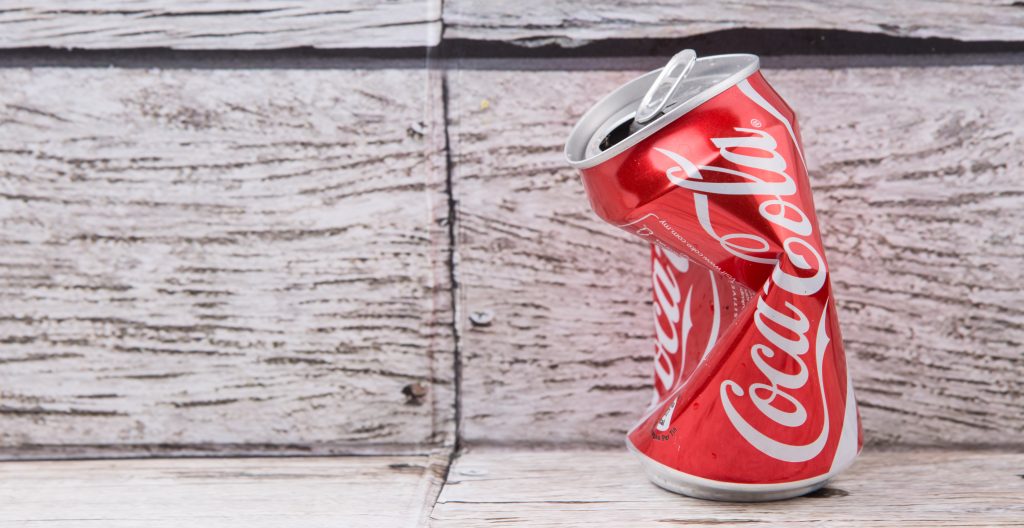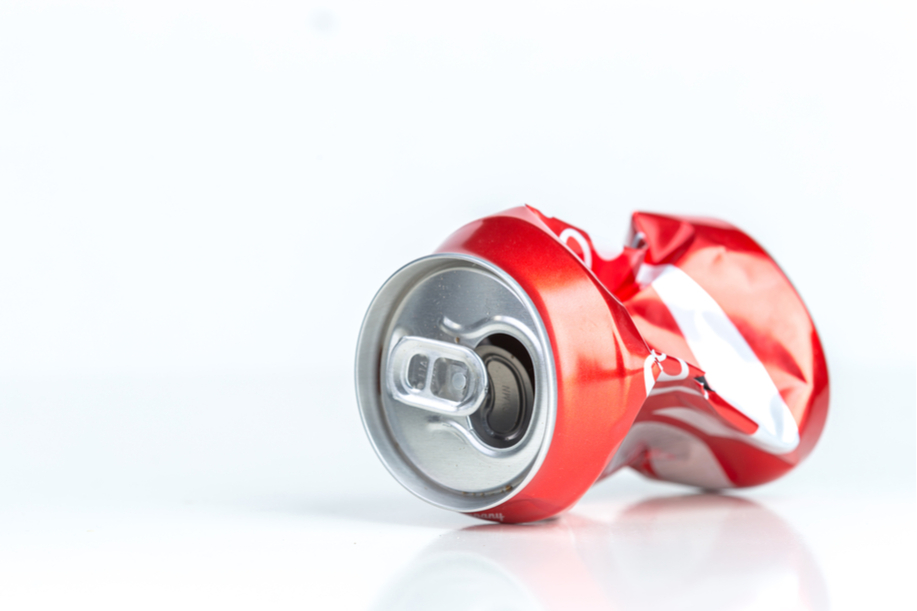Michael Jacobson generally takes his own advice. The food cop-in-chief at the Center for Science in the Public Interest (CSPI) won’t touch a cookie, and insists that his employees follow draconian diet restrictions. But when it comes to CSPI’s “Integrity in Science” project, double standards abound.
CSPI recently called on the Bush Administration to remove more than half of the experts chosen to sit on its Dietary Guidelines Advisory Committee. In a letter to Health and Human Services Secretary Tommy Thompson, Jacobson wrote: “I urge you to replace several of the committee members with the most extensive industry affiliations (such as Drs. Clydesdale, Go, Kris-Etherton, Nicklas, Pate, Pi-Sunyer, and Weaver).” Jacobson suggests that industry funding makes these experts inherently biased, saying:
But CSPI’s own “Integrity in Science Project,” which is dedicated to whining about corporate sponsorship of scientists, explicitly rejects the idea that industry financing necessarily biases or invalidates a scientist’s work. In his opening remarks at CSPI’s July conference on “conflicted science,” Jacobson noted:
We do not contend that industry-sponsored research is always bad science, or that companies should be prohibited from providing input to government agencies. (italics in original)
In his introduction to CSPI’s “Lifting the Veil of Secrecy” report, Jacobson writes:
The public needs to recognize that money is not always corrupting and that just because a group receives industry support does not mean that it is “in bed with” industry.
And Ronald Collins, director of CSPI’s Integrity in Science project, argues that:
It is unfortunate that CSPI failed to apply this standard when it recommended dismissing members of the Dietary Guidelines Advisory Committee — based, it would seem, solely on their industry association.
CSPI contends that the government “should replace the most industry-funded members” with more “objective” choices. But at least two of the scientists that CSPI itself recommended for seats on the Dietary Guidelines committee have extensive ties to industry.
CSPI nominated Rachel Johnson, who received $42,000 from the dairy industry (according to a “conflict of interest” report from everyone’s favorite animal-rights front group, the Physicians Committee for Responsible Medicine). Indeed, Johnson’s research does involve dairy foods.
The same goes for Carlos Camargo, the only CSPI nominee to be named to the committee. Carmargo has received research funding from pharmaceutical companies on more than 20 occasions. In one case, Camargo received a grant to “evaluate the clinical efficacy of Biaxin” by the very company that makes the drug.
Clearly CSPI is willing to overlook industry funding when it advances its own agenda. The Wall Street Journal reported on August 8 that Johnson “is known to be concerned about the effects of added sugar in the diet” and that she “drew the ire of the food industry during the last revision of the guidelines for her opinions that processed foods with added sugar were crowding out healthier fare.” The processed foods she complains of include favorite CSPI targets soda, cookies, and candy. And CSPI used research by Camargo to insist the federal government not allow adult beverage companies to list the benefits of moderate drinking on their products.
Why does it matter that Camargo received funding from drug companies? It’s a good question to ask CSPI. The food scolds think that receiving money from the pharmaceutical industry means that two committee members should be removed. Here’s the worst CSPI could say about them. Judge for yourself whether they should be automatically disqualified:
Xavier Pi-Sunyer, of Columbia University College of Physicians and Surgeons, has been a paid consultant or advisor to numerous drug companies and received research support from Campbell Soup and Warner-Lambert.
One final bit of hypocrisy: After attending CSPI’s “Conflicted Science” conference, Reason magazine’s Ron Bailey pointed out that “four of the 18 speakers earn a substantial portion of their incomes by being plaintiff’s witnesses in product liability suits.” Now that’s what we call a conflict.




